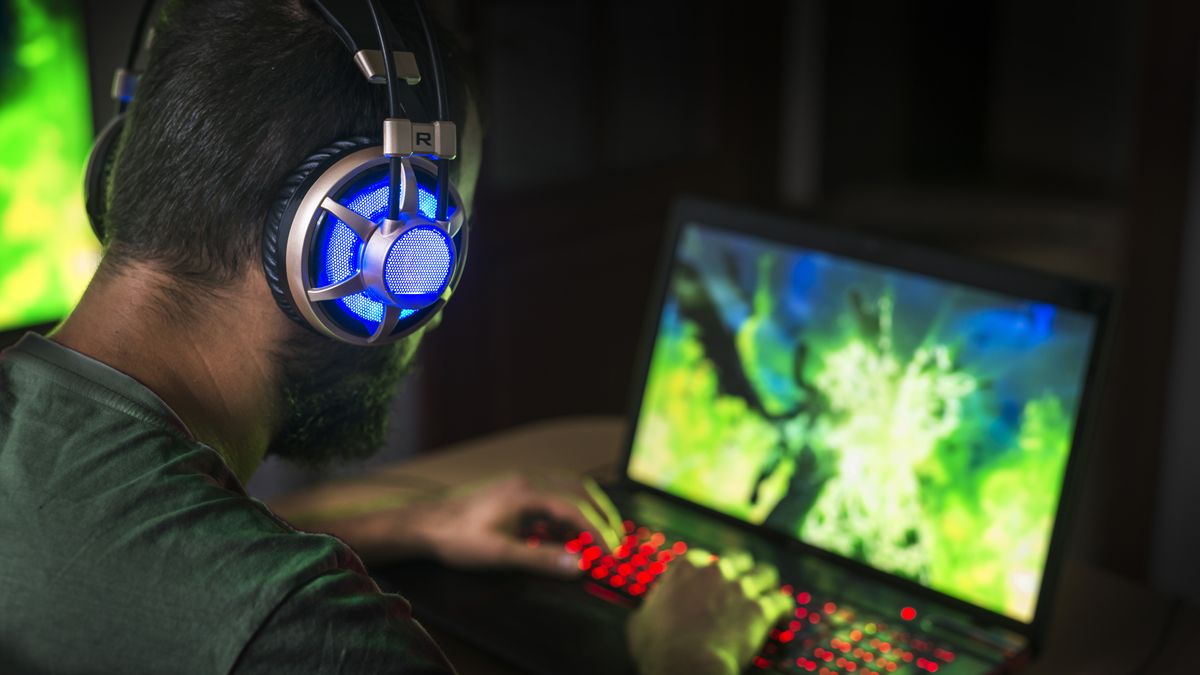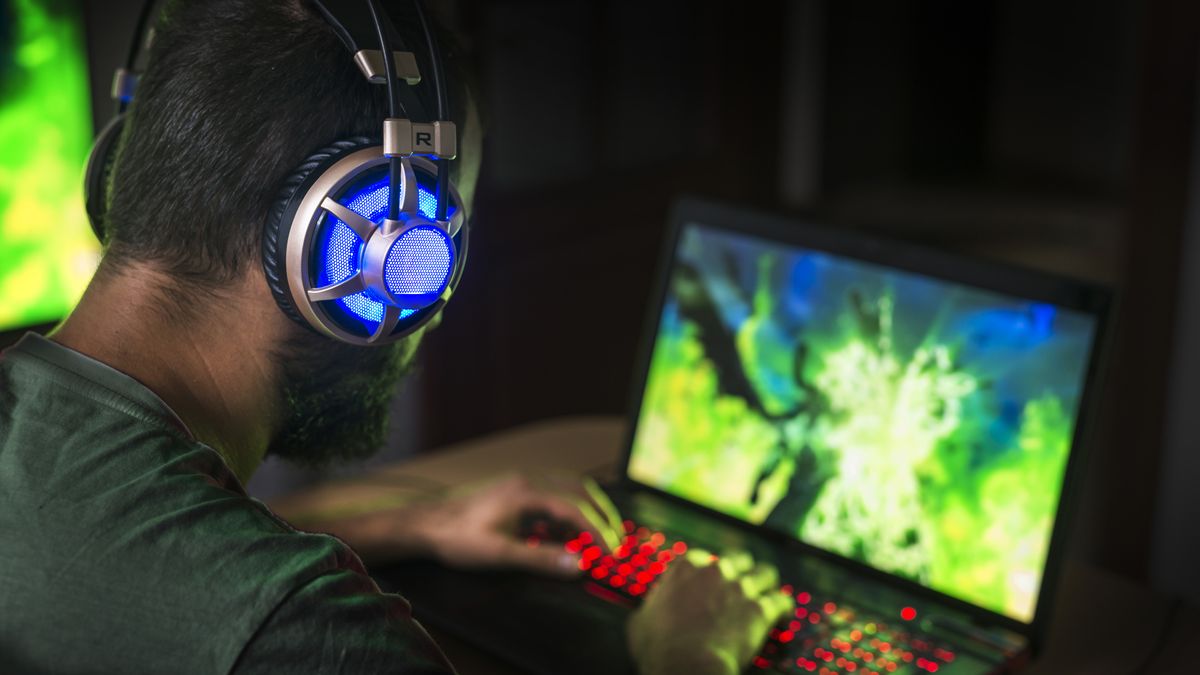
We now know a lot more about how Microsoft’s Automatic Super Resolution (Auto SR) feature for speeding up gaming frame rates in Windows 11 will work, and what games it will initially support.
VideoCardz noticed a new entry in Microsoft’s support database on the topic of Auto SR, which underlines the requirements, as well as detailing what games will come as fully verified for the tech.
For those who missed it, Auto SR is an upscaling feature, meaning it runs a game at a lower resolution, upscaling to a higher one, so that you get a close-to-native-resolution image quality with a faster frame rate – using AI to pull off this trickery.
The notable catches are that you need a Copilot+ PC and indeed a Snapdragon X processor, one of the ARM-based chips that’ll power laptops launching next month. (You’ll also need Windows 11 24H2, which launches with those AI PCs).
As for the games which are verified and tested by Microsoft for Auto SR, the initial collection is as follows:
- 7 Days to Die
- BeamNG Drive
- Borderlands 3
- Control
- Dark Souls III
- God of War
- Kingdom Come: Deliverance
- Resident Evil 2
- Resident Evil 3
- Sekiro: Shadows Die Twice
- Sniper Ghost Warrior Contracts 2
- The Witcher 3: Wild Hunt
Analysis: Useful clarifications – and caveats
It’s interesting to see the fully verified games, and even if it’s only a small selection of a dozen right now, there are some big-name titles. However, the really interesting bit is the clarification that Automatic Super Resolution is a sweeping upscaling feature that can be applied to any game (DX11 or DX12).
We always assumed it would be a system-wide feature – after all, that was the whole point, compared to more targeted upscaling solutions that require support from the game dev such as Nvidia DLSS – and indeed this is the case. It’s just Microsoft worried us with its mention of Auto SR just applying to a “curated set of games” last week when it launched the feature, but these are just the verified games guaranteed to work well.
The majority of games should be fine with Auto SR in theory, but some may be wonky, or some may not work at all, and to that end, Microsoft is collaborating with the Worksonwoa.com website that lists games that can use the feature successfully – and also those that can’t use Auto SR for whatever reason. (This is the same website that also tells you whether your favorite PC game will run on Windows on ARM).
There are some nuances to note here, and the first is that verified games are set to work ‘out of the box’ with Auto SR, meaning the feature will be on by default. That could cause some confusion or conflict if a gamer is using another type of upscaling potentially – though you are told that by Windows that Auto SR is being enabled when the game is launched.
We guess Microsoft feels that less tech-savvy folks will benefit from having the feature automatically applied where it makes sense, in games that are fully tested to work well with Auto SR.
The Snapdragon X requirement is the other important point to note here, although we assume this will be widened to include future AMD and Intel laptop CPUs – those with a powerful enough NPU to qualify as the engine of a Copilot+ PC (as Auto SR will be for these PCs only).
However, we also noticed that Microsoft says Auto SR is only supported for games running on ARM64 natively or emulated x64 games (with the latter using Prism, the translation layer for running Windows games on ARM chips). Presumably that’s a reflection that currently (well, as of next month) only the new Snapdragon X can drive a Copilot+ PC, and that when AMD Strix Point or Intel Lunar Lake CPUs arrive for these AI-powered laptops, there’ll surely be fine with Auto SR.
You might also like…
Services Marketplace – Listings, Bookings & Reviews
